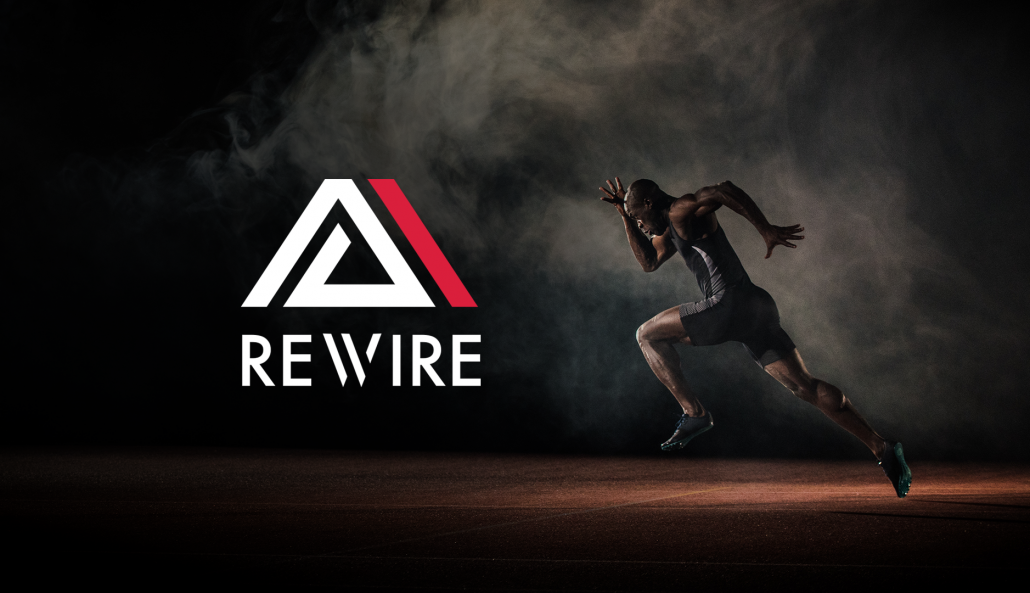Mental Fitness Q&A
What is mental fitness?
Let’s think about it this way –
If physical fitness is a state of health and well-being, particularly the ability to perform physically, then mental fitness is a state of health and well-being that allows us to perform well mentally (how we think, behave, and feel).
Just like we exercise to train our bodies, it’s important to make sure our minds are in good shape too.
Mental fitness trains our mind to respond to situations better. When we complete challenging tasks or think critically, we engage our minds and therefore improve our mental fitness in such a way that we increase our willpower and expand our mental dexterity (the ability to be flexible in our thoughts).
Why is mental fitness important?
Mental fitness is often overlooked as it is not something we can see, touch, or measure like physical fitness. When we’re mentally fit, we interact differently with the world around us.
When we have a higher state of mental fitness, we are ‘fit’ to complete our daily tasks and enjoy what life has to offer. When we are fit mentally, we are able to understand and respond to social and emotional challenges instead of passively reacting.
Optimal mental fitness can:
- Decrease stress
- Increase positive emotions
- Improve sleep
- Create a sense of achievement
- Improve cognitive function
- Increase confidence
Users of Rewire have reported being 55.6% less stressed since using the app!
What is the difference between mental health and mental fitness?
Mental health is a spectrum of our emotional well-being and therefore everyone who has a mind has mental health.
When we see mental health as a state of being, then mental fitness is how we act and react within that state.
Mental fitness is about growth. Regardless of where you are on the spectrum of mental health, you can improve your state of emotional well-being.
How can I practice mental fitness?
1. Think critically.
Challenge the mind and build resilience through engagement.
One way to do this is with Neuro-Training. The science behind Neuro-Training is a protocol called Brain Endurance Training (BET) which has been proven to improve athletic performance by targeting the part of the brain responsible for managing fatigue and willpower. The Rewire App has three different types of Neuro-Training sessions depending on your readiness to train.
Check out our article on Neuro-Training for more information.
2. Strengthen the mind/body connection.
Since our physical and mental fitness are so closely linked, improving our awareness of the mind/body connection can help us build cognitive resilience and mental willpower.
Rewire’s Readiness Assessment measures your readiness to perform, including cognitive, emotional, and physical elements. The assessment is used to assess your areas of need and provide a personalized recovery program to ensure a holistic approach to physical and mental fitness.
3. Practice mindfulness.
Being able to notice when our thoughts distract us is a powerful tool in building mental fitness.
Ways to improve mental fitness in your everyday life:
- Focus on one task at a time
- Increase positive self-talk
- Try something new
- Make Rewire part of your routine
Are you ready to try something new? Why not Rewire?
With the Rewire App, you can train both your body and your mind. The integrated resilience training system uses protocols from NASA, the Navy SEALS, and Neuroscientists to help you optimize your performance every day.









